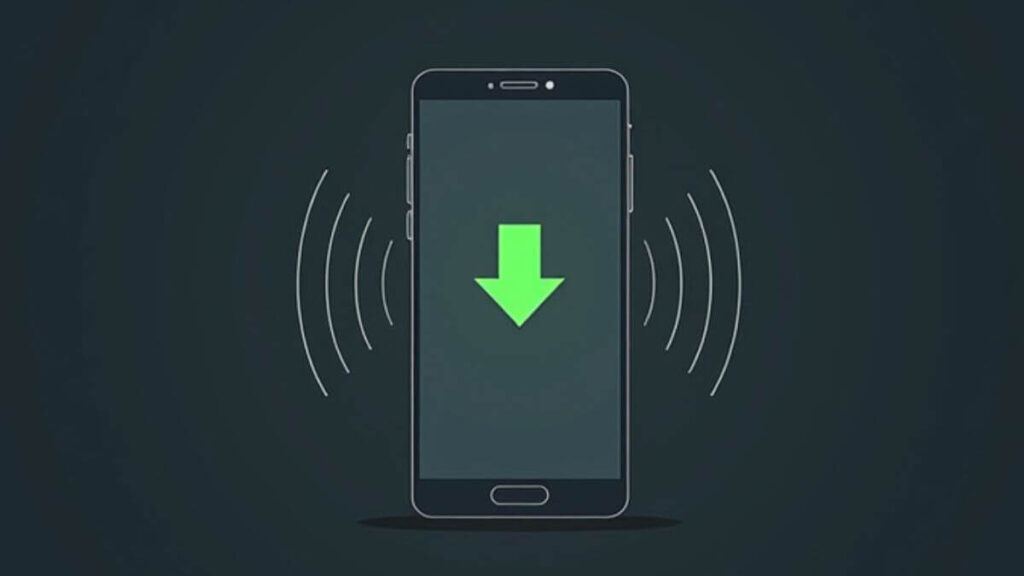Google is introducing a new security feature in Android 16. It blocks users from changing sensitive settings while on a phone call. The goal is to stop scammers from tricking people into installing harmful apps.
The feature prevents users from enabling unknown sources or granting accessibility permissions. When someone tries to change these settings, they see a warning message. It informs them about the risk and advises against following unknown instructions.
This update is currently available in Android 16 Beta 2. It adds extra protection against a common scam method known as telephone-oriented attack delivery (TOAD).
How This New Android Feature Works
Scammers often use phone calls to manipulate victims into installing malware. They create a sense of urgency and ask users to change security settings. This allows them to install malicious apps that steal data or take control of the device.
With the new update, Android blocks these risky actions during a phone call. If a scammer tries to trick someone, the system prevents the change automatically. Users will get a message explaining the reason for the block.
This small change makes it much harder for criminals to exploit phone calls for malware delivery. It adds a layer of protection that prevents users from accidentally putting themselves at risk.
Why Google Introduced This Feature
Cybercriminals have been using phone-based scams for years. Attackers send SMS messages urging users to call a number. During the call, they convince victims to install harmful apps.
Last year, security experts from NCC Group and Finland’s NCSC-FI exposed this technique. Criminals used fake SMS messages and phone calls to spread malware like Vultr.
To fight this problem, Google expanded its security measures. The company restricted sensitive settings to prevent sideloaded apps from accessing important data. It also introduced automatic blocking of unsafe app installations in several countries.
Also read | Fake Google Chrome Spreads ValleyRAT Malware via DLL Hijack
Which Settings Are Blocked During Calls?
With this new feature, Android 16 blocks two major actions during an ongoing call:
- Enabling unknown sources – This setting allows apps from outside the Play Store to be installed.
- Granting accessibility permissions – This gives apps deep control over a device, which scammers exploit.
If a user tries to change these settings while on a call, Android prevents the action. A warning message appears, alerting them to the risk.
Google’s Fight Against Sideloaded Malware
Google has been working on improving Android’s security for years. Recently, it introduced stricter controls on sideloaded apps. Sideloading allows users to install apps from outside the Play Store. While useful, it is often abused by cybercriminals.
To tackle this, Google has restricted risky app permissions and blocked unsafe installations in select countries. Some of these regions include Brazil, India, Nigeria, and the Philippines. This move helps reduce malware infections in high-risk areas.
Also read | Google Announces Android XR OS for XR Devices
How This Feature Protects Android Users
Scammers rely on urgency and fear to manipulate people. They often claim that there is a problem with the device or a financial risk. They then instruct users to disable security settings, allowing them to install malicious apps.
With this update, Android removes the opportunity for scammers to succeed. Since users cannot change these settings during a call, they have time to think before taking any action. This added friction makes scams less effective.
What This Means for Android Users
This update is a major step in Android’s security evolution. It helps users stay safe by blocking actions commonly exploited by scammers. With increasing cyber threats, having built-in security measures is essential.
Users should always be cautious when receiving unexpected phone calls. If someone asks them to change security settings, it is a red flag. Always verify information before making any changes to the device.

